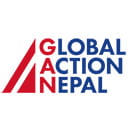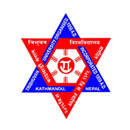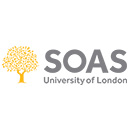Dignity Without Danger
Collaboratively analysing stigma and taboos to develop innovative strategies to address menstrual exclusion in Nepal.
Women and girls in Nepal lack basic rights to a dignified menstruation. This means that they suffer inhumane and degrading treatment which includes abuse and violence. Exclusionary practices, stigmas and taboos around menstruation, underpinned by traditional beliefs and cultural heritage practices, prevent women and girls from fully participating in economic and social life, impacting negatively on school attendance and employment. This project focuses on Nepalese women and girls’ rights to menstrual dignity. It is funded by the British Academy though the Global Challenges Research Fund Sustainable Development project and will run from September 2018 until December 2020. It is a collaborative partnership between universities and civil society organisations in Nepal.
Background
Nepal falls within the least developed country category on the official developing country list. According to the Department for International Development (2017) country profile, Nepal is the 16th poorest country in the world and the second poorest in Asia in terms of per capita income.
Stigma around menstruation and menstrual hygiene in Nepal is a violation of several human rights. In particular it violates the right to human dignity, but also the right to non-discrimination, equality, bodily integrity, health, privacy and the right to freedom from inhumane and degrading treatment from abuse and violence. In Nepal a lack of adequate protection and inadequate washing facilities may increase susceptibility to infection with 83% of menstruating girls relying on cloth/old rags (WaterAid 2009).
Menstruation is a global issue and should be something to be celebrated – key is education and the work with local community to bring change and end the taboos.
Aims and objectives
Dignity Without Danger focuses on the intractable global challenge of promoting women’s right to sexual and reproductive health and dignity. It will explore the origins, diversity and impacts of local, social, religious and cultural menstrual practices in Nepal which deny women and girls the right to a healthy and dignified menstruation. There is no one all-encompassing single narrative on menstruation across the 125 caste and ethnic groups in Nepal and this project will research experiences across these many ethnic groups by focusing on lived experience in diverse contexts. To challenge menstrual stigma throughout Nepal a deeper understanding of the diverse menstrual practices and their underlying concepts is required. This will support the development of strategies to address the stigma and taboos surrounding menstruation.









